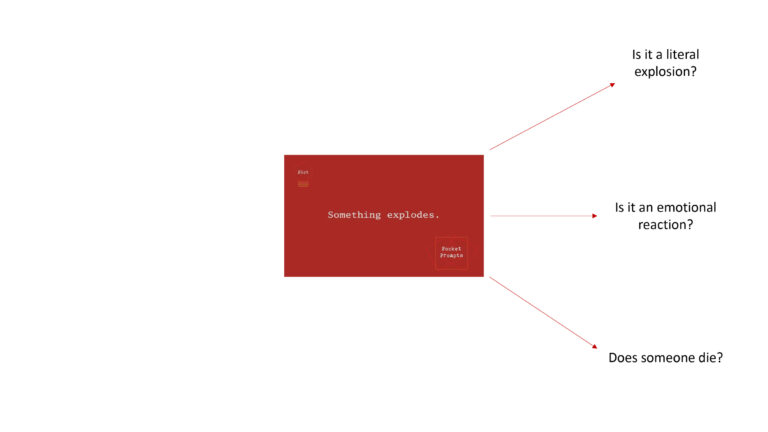How do you turn an idea into a plot?
Sometimes, all you have is a single idea. These can come from a stray thought when you’re out for a walk or taking a shower, or a prompt, or a dream. The problem with only having an idea is that it doesn’t really go anywhere. In this blog post, as part of preparation for NaNoWriMo,…

